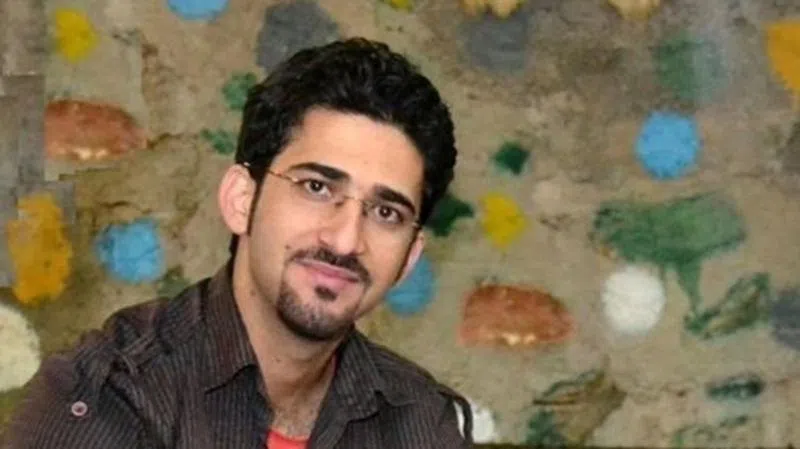
‘It’s a huge loss for science’: professors honour students killed in plane crash
Professors at several universities want to honour the young, promising scientists who were returning to Canada when their plane crashed in Iran, killing everyone on board.
More than a dozen Canadian universities have confirmed they lost students, faculty and researchers in the crash, which killed 176 people — many of them graduate students.
“It’s a huge loss for science,” said Lisa Porter, a professor of biomedical sciences at the University of Windsor.
The loss is personal for Porter, whose research assistant, Samira Bashiri, was among the victims.
